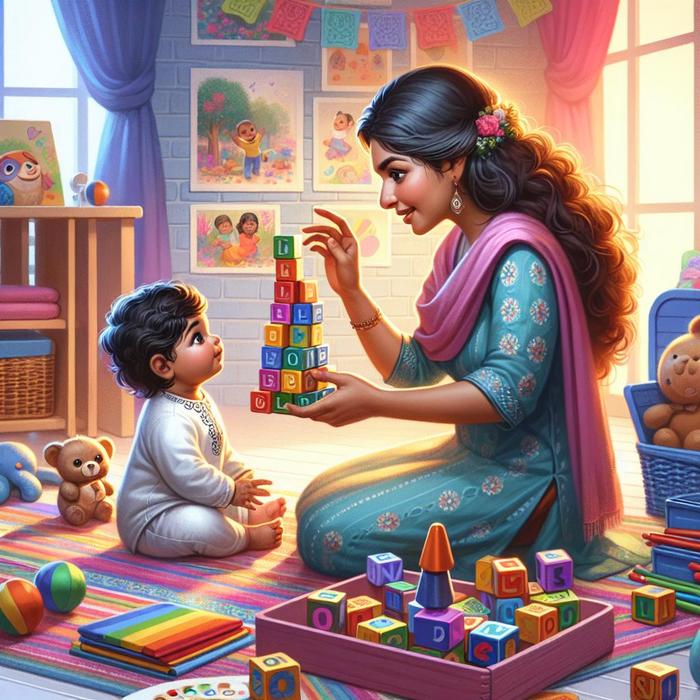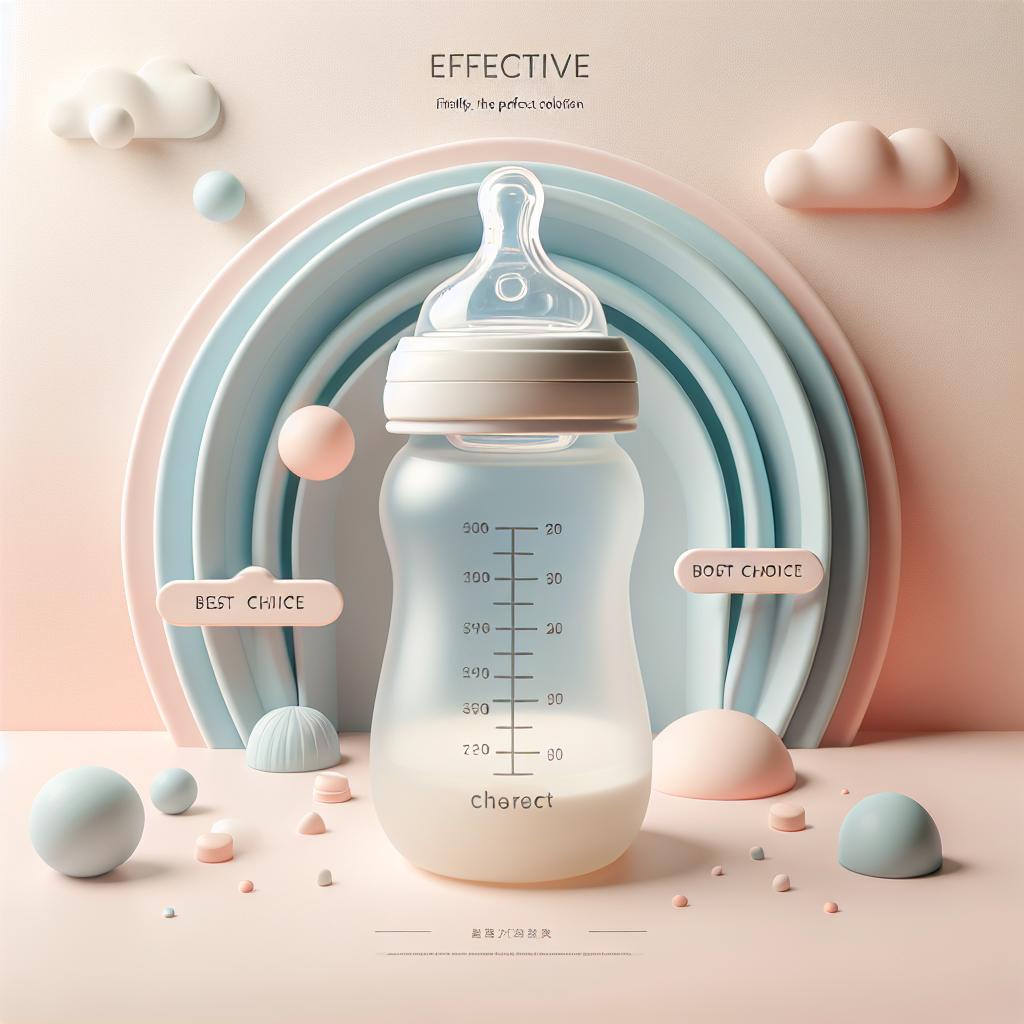Creative Ways to Enhance Playtime Learning
As a parent or caregiver, you play the critical role of being the first teacher to your baby. When it comes to teaching a baby, often the most effective way isn’t through structured education but through playtime learning. Remember, the world is still new to them, and every interaction is a learning experience. It’s time to explore some creative and fun ways to facilitate this learning process.
Why Playtime Learning Matters
Play isn’t merely a leisure activity for your little one. It’s a fundamental learning process, providing an opportunity for them to interact with and understand their world. Play-based learning fosters creativity, boosts intellectual development, and promotes social and emotional skills. As well as this, it helps babies to develop their physical coordination and enhances their understanding of the world.
Playtime Learning Techniques
Now that you understand the importance of playtime learning let’s look at some effective techniques to aid your baby’s development.
- Interactive Reading: Reading to your baby is one of the most beneficial activities. Make it interactive by using different voices, asking questions, and pointing out colors and objects.
- Outdoor Explorations: Contact with nature is not only healthy but also thought-provoking. Regular trips to the park can introduce your baby to different sounds, textures, and sights.
- Toy Rotation: Constantly rotating your baby’s toys can keep their interest high. It also encourages them to explore different playthings and learn new skills.
- Fostering Creativity: Simple activities like filling and emptying a container or stacking and knocking over blocks can foster creativity and refine motor skills.
Besides these, various other techniques can help in teaching your baby. For more detailed insights, visit this link.
Making Playtime Learning Fun and Engaging
Teaching your baby should not feel like a chore for either of you. The key is to keep things fun and engaging. Luckily, there are countless ways to do this.
- Use Colorful and Interactive Toys: Bright and colorful toys can stimulate your baby’s vision and hold their attention longer. Additionally, interactive toys can make playtime learning more rewarding.
- Join in the Play: Babies love when their parents get involved in their play. This not only makes playtime more exciting but also enhances their learning experience.
- Change the Scenery: Sometimes, a change of scenery can make a world of difference. Try having a playtime session in a different room, or even outside, to keep things fresh and exciting.
For additional tips on keeping your baby engaged during playtime, you can refer to this engaging resource.
Understanding Your Baby’s Developmental Stages
Each baby develops at their own pace, but they generally follow the same developmental milestones. Understanding these stages can help you adapt your teaching strategies to suit your baby’s growing capabilities. For instance, a three-month-old baby might enjoy a game of peek-a-boo, while a nine-month-old might prefer to explore with stacking blocks.
Final Thoughts
Parenting is a thrilling journey filled with priceless moments and beautiful memories. By incorporating these creative methods of playtime learning, you can enhance your baby’s development while making this journey even more rewarding. Remember, your involvement and enthusiasm matter more than any toy or activity, so don’t hesitate to be their favorite playmate!
The Role of Play-based Homeschooling
With homeschooling becoming more than just a trend due to evolving global circumstances, incorporating play-based learning at home has become even more critical. This versatile teaching method can help you create a stimulating and productive learning environment at home. You can do so by integrating playful activities into their daily routine and turning ordinary items into teaching tools. This not only reduces the reliance on traditional toys but also promotes out-of-the-box thinking in babies. For more homeschool strategies, refer to this valuable resource.
Importance of Consistency and Regularity
Consistency and regularity are of paramount importance in cultivating a baby’s learning habit. A consistent playtime schedule can help establish routine, familiarity, and security for your little one. It gives them something to look forward to and helps them associate learning with fun. As a result, they become more receptive to new information and experiences.
- Sensory Play: By incorporating activities that stimulate the baby’s five senses, you can promote their cognitive development. These activities can include playing with textured toys, water play, or tasting various fruits.
- Music and Movement: Motor skill development is another crucial aspect of your baby’s growth. By introducing rhythm, movements, and music, you can foster their physical development in an exciting way.
Adapting Playtime as per the Baby’s Age
Every developmental stage of a baby requires a different set of learning activities. As the baby grows, the type of play they engage in also evolves. As per the research, the baby’s play shifts from being exploratory to being more social and imaginative as they grow.
From reaching for a colorful rattle at three months to role-playing at two years, the type of games they enjoy changes drastically. Hence, it’s essential to update their playtime activities to align with their growing interests and developmental needs.
Using Technology to Enhance Playtime Learning
In the digital age, integrating technology into your baby’s learning process can be beneficial. Interactive apps can introduce them to the world of digital learning in a controlled and moderated way. However, remember that technology should never replace human interaction. Ensure that it compliments real-life activities and doesn’t take up all playtime hours.
The role of Caregivers and Educators
An involved caregiver or educator can make a tremendous difference in a baby’s learning process. Studies show that children are more likely to engage in meaningful play when their caregivers join them. This also provides a golden opportunity to assess their interests, capabilities, and development areas, helping you customize their play activities accordingly.







